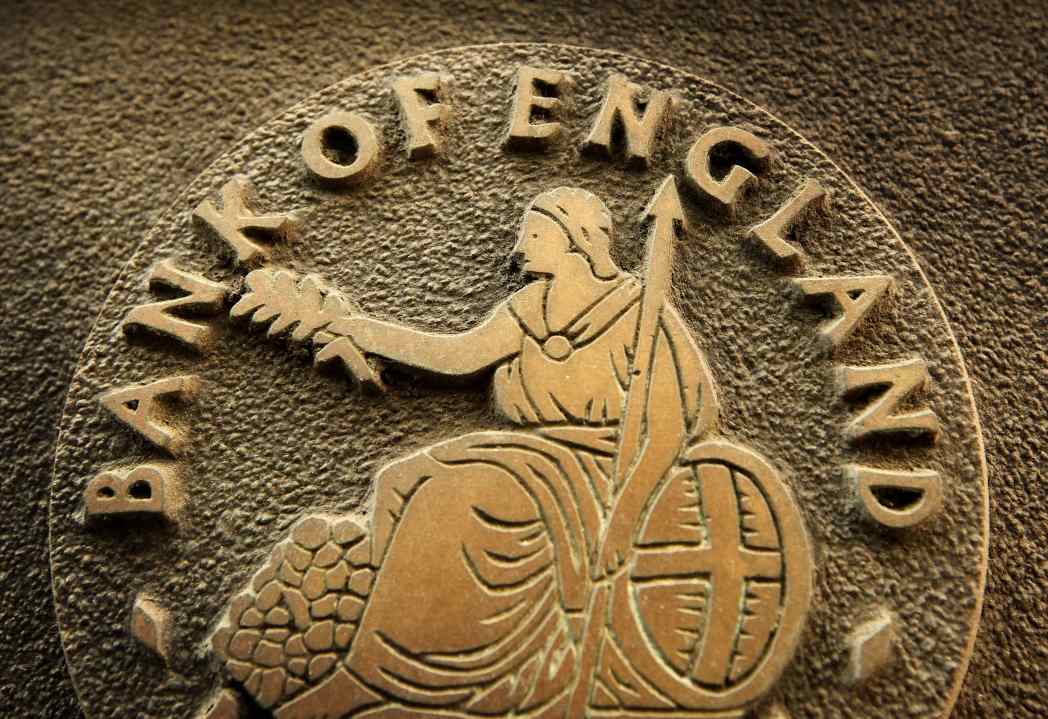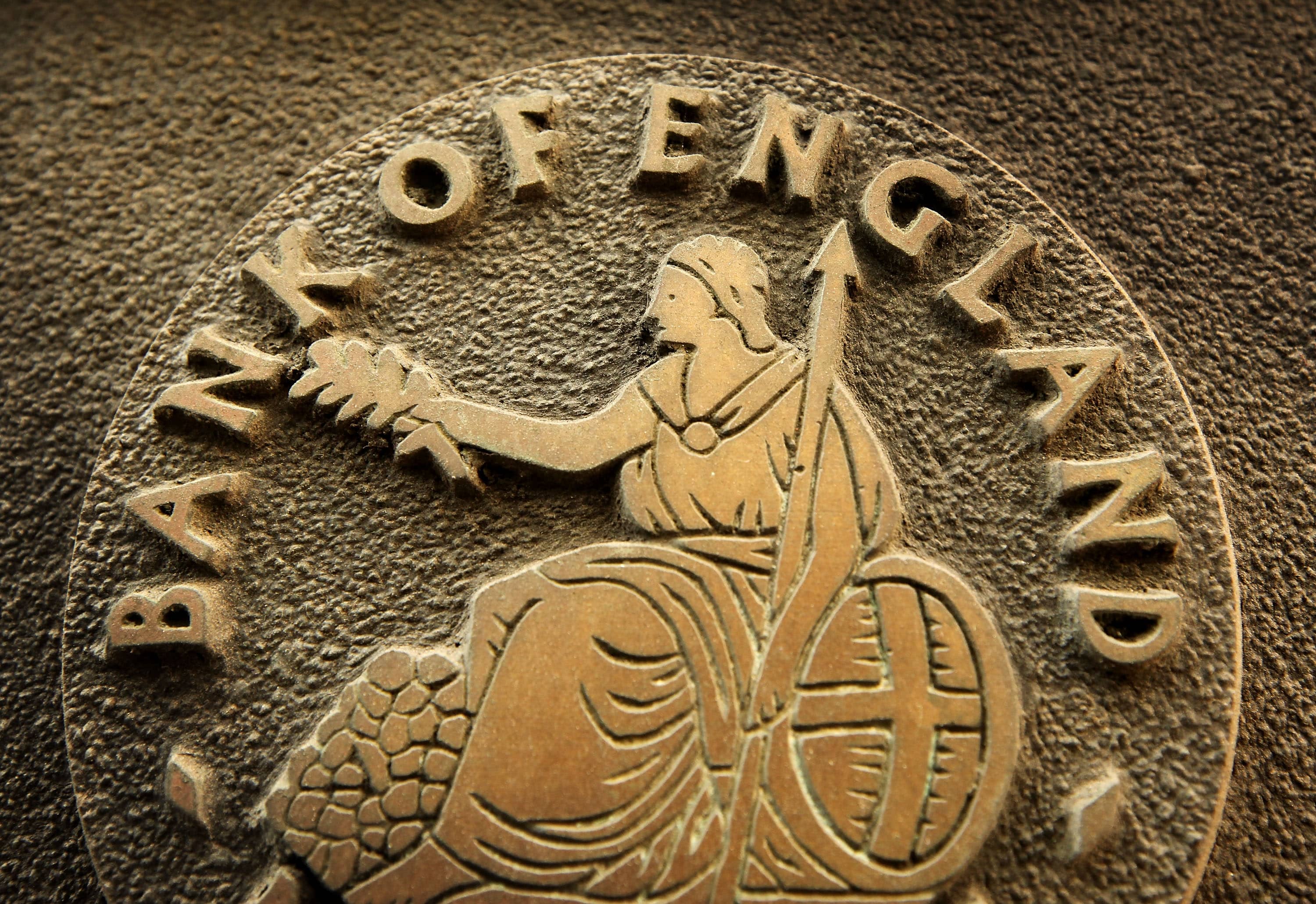Andy Haldane’s departure from the Bank of England opened up one of the most influential roles in guiding UK monetary policy — and that role has now been filled. Huw Pill has been announced as the BoE’s new chief economist, taking up the post from next Monday.
Some of the snap reaction is focusing on Pill’s similarities to those who came before him. Despite resources being poured into diversity teams to recruit a mix of applicants, it was Pill who was selected, a former Goldman Sachs economist and most recently a senior lecturer at Harvard Business School.
Pill won’t take kindly to ideas about reneging the Bank of England’s independence
But his ideology may prove very different from the other eight members of the Bank’s Monetary Policy Committee. Haldane became outspoken about his concerns over quantitative easing and ‘pouring the punch’ at the spending party towards the end of his time at the Bank. There’s good reason to think Pill will continue with this narrative, and try to hold his colleagues’ feet to the fire.
Pill did a stint at the BoE between 1990–92, but, unlike Haldane, most of his career has been spent on the outside: working as the chief European economist for Goldman Sachs and holding high-profile jobs at the European Central Bank. While at Sachs, he went on the record to criticise what he viewed as meddling from central bankers in political issues, including Brexit. While at Harvard, the year before the pandemic hit, he contributed to a paper, ‘Renewing our Monetary Vows: Open Letters to the Governor of the Bank of England’, in which he laid out his hawkish inclinations, once again accusing bankers of extending ‘responsibilities beyond their traditional monetary domain’, getting distracted by a hands-on approach to inflation targeting, which he said encouraged ‘policymakers to focus on shorter-term inflation dynamics’. He also highlighted the risks around QE, a money-printing policy which he thought ‘blurred the distinction between monetary and fiscal policies.’
Pill puts great emphasis on what he views as the ‘social contract’ formed between the Bank and the public when the BoE was granted its autonomy from government to pursue ‘a narrow and widely agreed objective (inflation at target two years hence) with a narrow and broadly neutral policy instrument (short-term nominal interest rates)’. His perception of the contract is likely to be a key consideration in the way he casts his vote and offers up his analysis in public debate. Pill won’t take kindly to ideas about reneging on the BoE’s independence — the kind that Dominic Cummings claimed this spring were being floated in government at the start of the pandemic last year.
Will Pill’s more traditional and cautious attitude towards monetary policy lead him to follow in Haldane’s footsteps? Haldane was the first central banker on record to vote to roll back QE, in a tried (and failed) attempt to stop £50 billion short of the £895 billion the BoE has committed to. Even if he did, Pill is almost certain to remain outnumbered, as the Bank’s governor Andrew Bailey remains (relatively) confident that inflation will be transitory — and manageable. But Pill’s appointment may well keep the debate alive on Threadneedle Street.








Comments